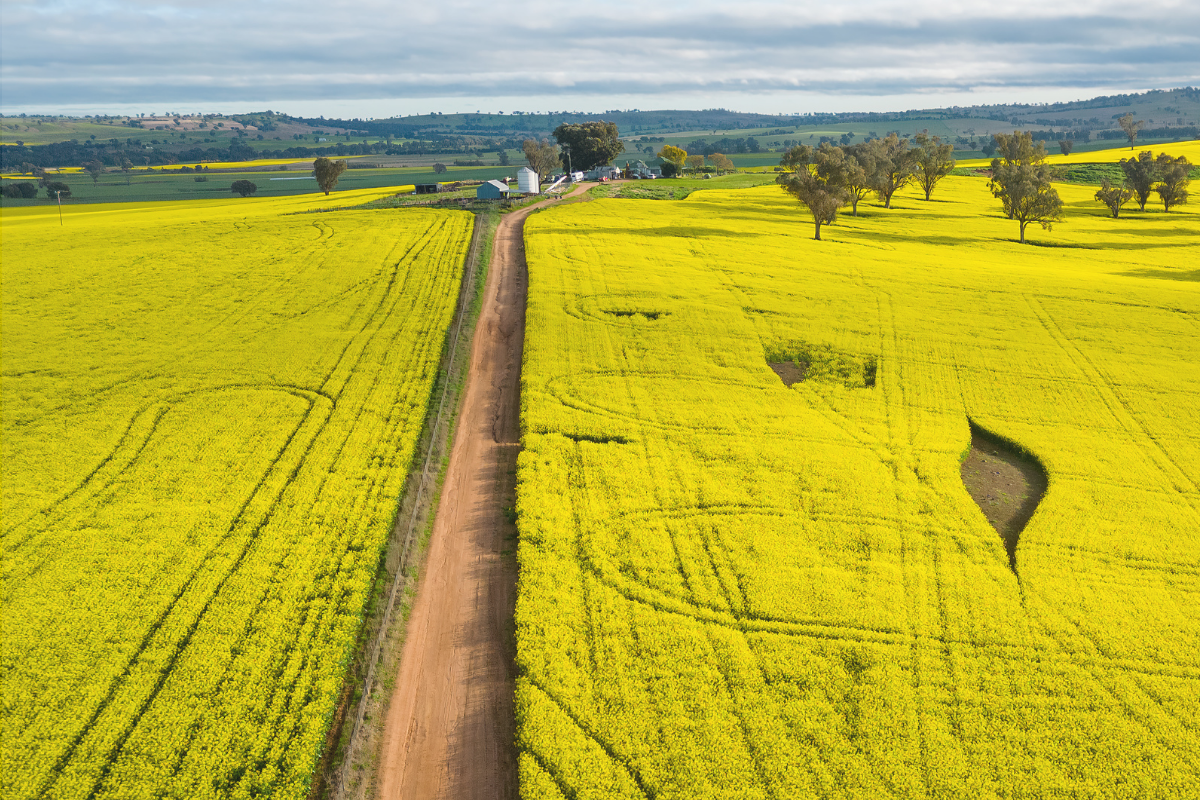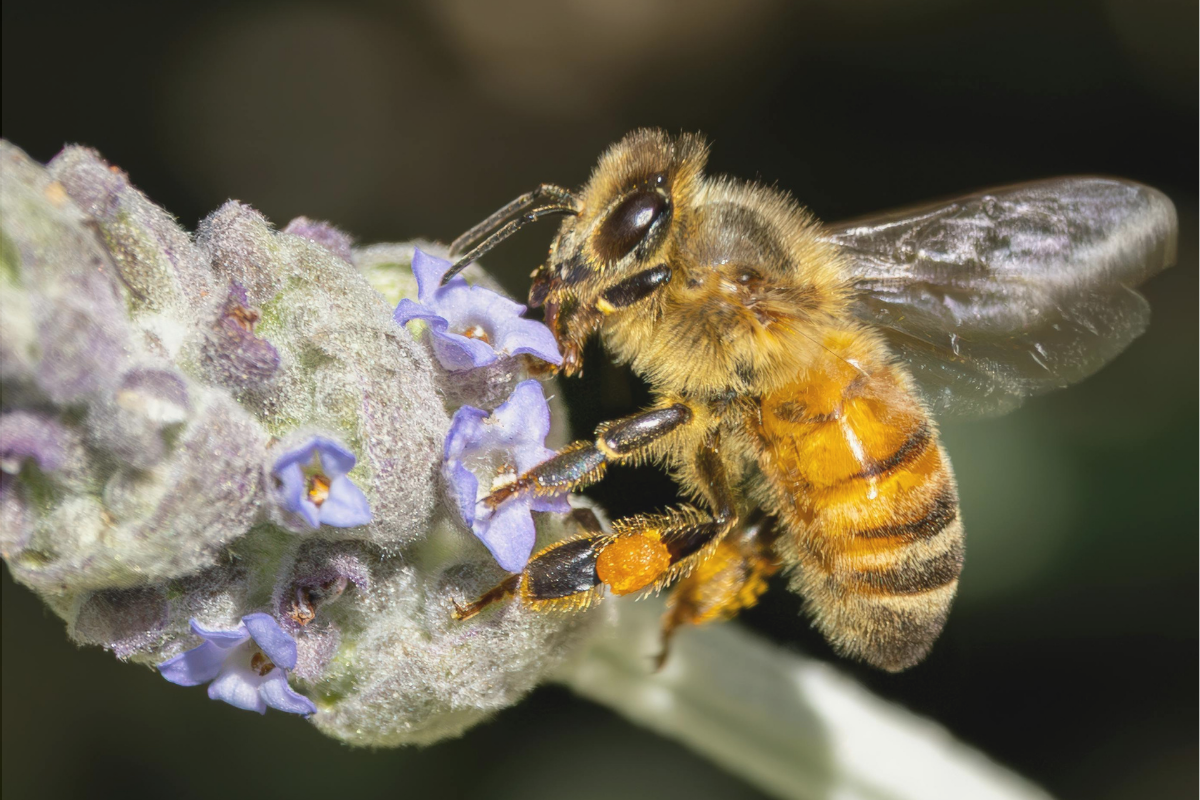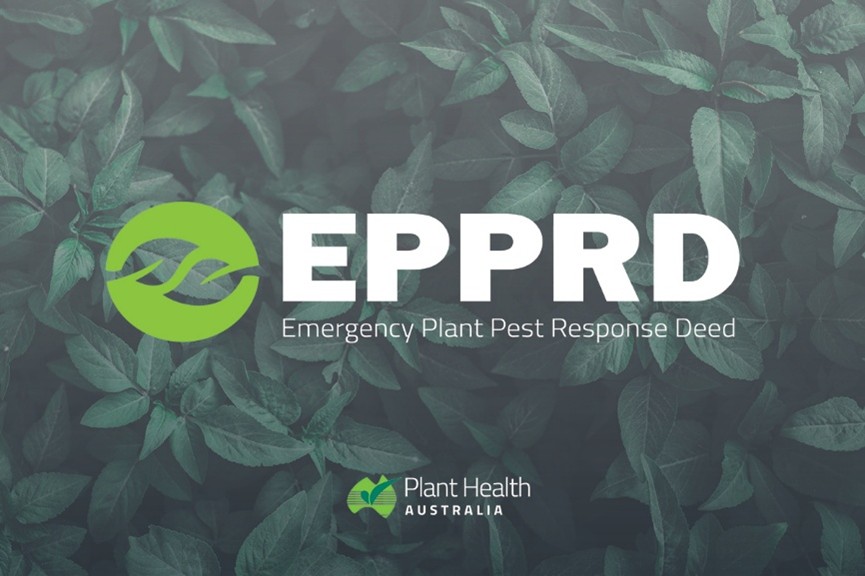Message from the CEO
The dynamic nature of Australia’s biosecurity landscape in the past few months has highlighted the importance of partnerships, innovation and a proactive approach to emerging threats.
Our biosecurity system has once again demonstrated its vigilance with the recent detection of Potato mop-top virus (PMTV) in north-west Tasmania. PMTV affects the leaves, shoots, and tubers of potato plants, causing distortion to both the skin and flesh. This detection is a timely reminder that safeguarding biosecurity depends on the responsiveness and commitment of all involved, and underscores the importance of continued investment in surveillance and preparedness to build system-wide resilience.
International collaboration continues to augment our preparedness. Earlier this month, I travelled to New Zealand with Dr Lucy Tran-Nguyen, General Manager, Resilience and Innovation, and Dr Rachel Mann, National Manager, Response. Hosted by team at the Government Industry Agreement, the exchange included meeting with the Ministry for Primary Industries and industry partners, where we discussed emerging plant biosecurity risks, surveillance programs, legislative reforms, and pest management approaches. We also joined site visits to kiwifruit and avocado orchards to gain further appreciation of these crops and how they are the cornerstone of the economy and the communities that rely on these thriving industries. We also participated in “Harvest Shield 2.0”, a simulation exercise for brown marmorated stink bug (BMSB), where we strengthened our Trans-Tasman readiness to manage this high-priority pest. Finally, we toured the Auckland Processing Centre to see first-hand how New Zealand manages border biosecurity operations at their mail centre through a combination of technical, human and canine intervention. Our visit was an invaluable opportunity to exchange knowledge, build Australasia partnerships, and refine joint strategies to protect both countries, and the timing was perfect as it coincided with their Biosecurity Awareness Month.
Amid these international efforts, our engagement at home remains equally vital with National Biosecurity Week 2025 (25 – 31 August) kicking off today. We’re spreading the word across Australia recognising it is the collective effort of everyone that underpins our biosecurity system. The campaign builds on last year’s success with refreshed messaging and a sharper community focus. Visit the National Biosecurity Week website to learn more and get involved in helping make biosecurity part of everyday life, all year round.
Earlier this month, I was honoured to share reflections on leadership and the vital role of women in agriculture at the Australian Banana Industry Congress Women’s Luncheon on the Gold Coast. The event was a wonderful opportunity to connect with growers and industry leaders, and it reinforced the value of mentoring and strong networks in shaping the future of our sector.
Earlier this year, PHA achieved formal registration with the Australian Charities and Not-for-profits Commission (ACNC). This is an important milestone for our organisation, enhancing our credibility, reducing regulatory obligations and improving our access to grants and funding.
Looking ahead, I will be presenting to the Hort Innovation Board in September and the Botanic Gardens Australia and New Zealand (BGANZ) Congress in November.
Finally, I want to acknowledge an important industry milestone: the celebration of 100 years of Australia’s rice industry. We’re especially proud that the Ricegrowers’ Association of Australia (RGA) was one of the first plant industries to sign the Emergency Plant Pest Response Deed (EPPRD) in 2005, and a key partner in strengthening Australia’s plant biosecurity system. Congratulations to the RGA on 100 years of growing greatness!
Regards,
Sarah Corcoran




